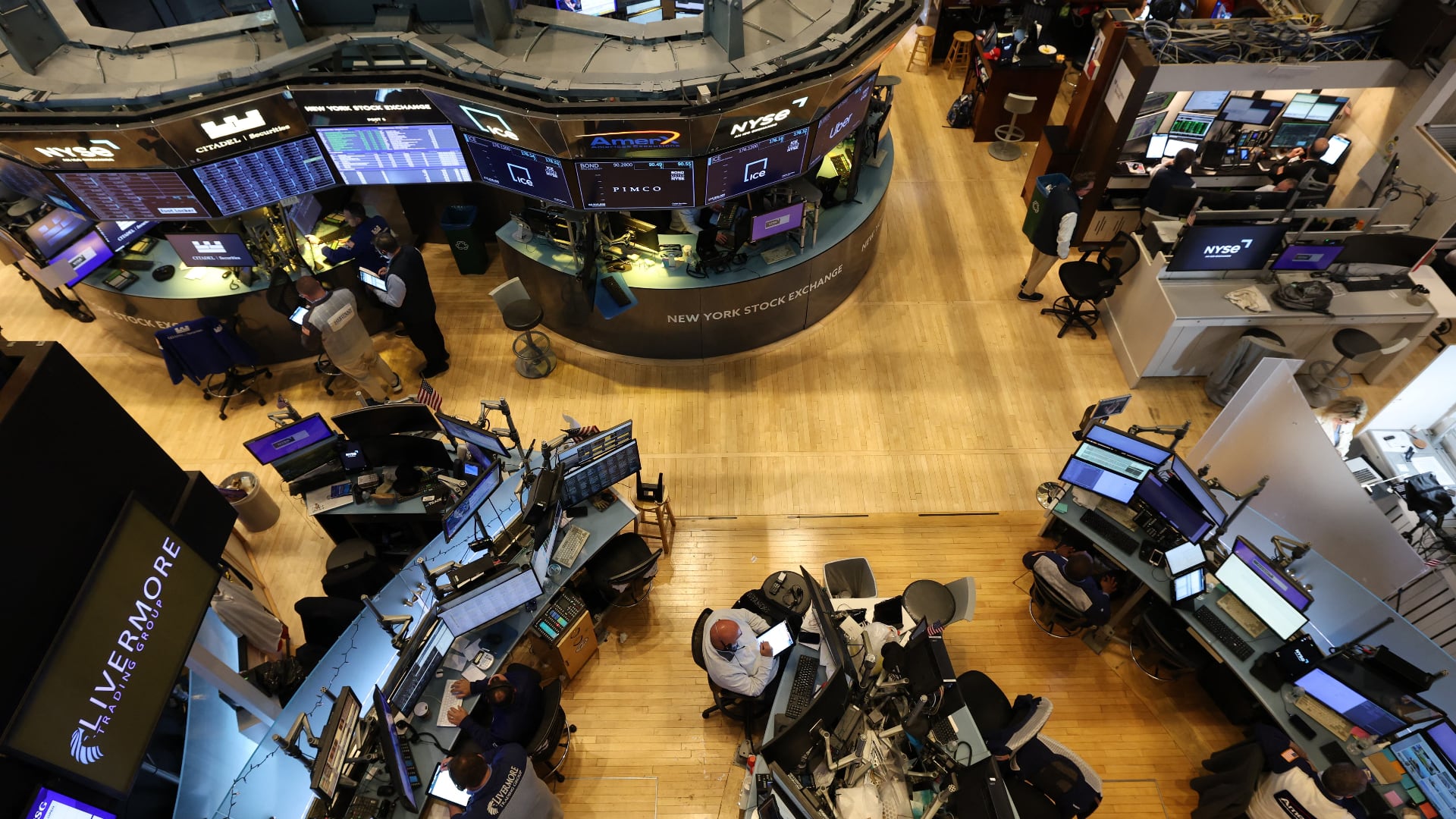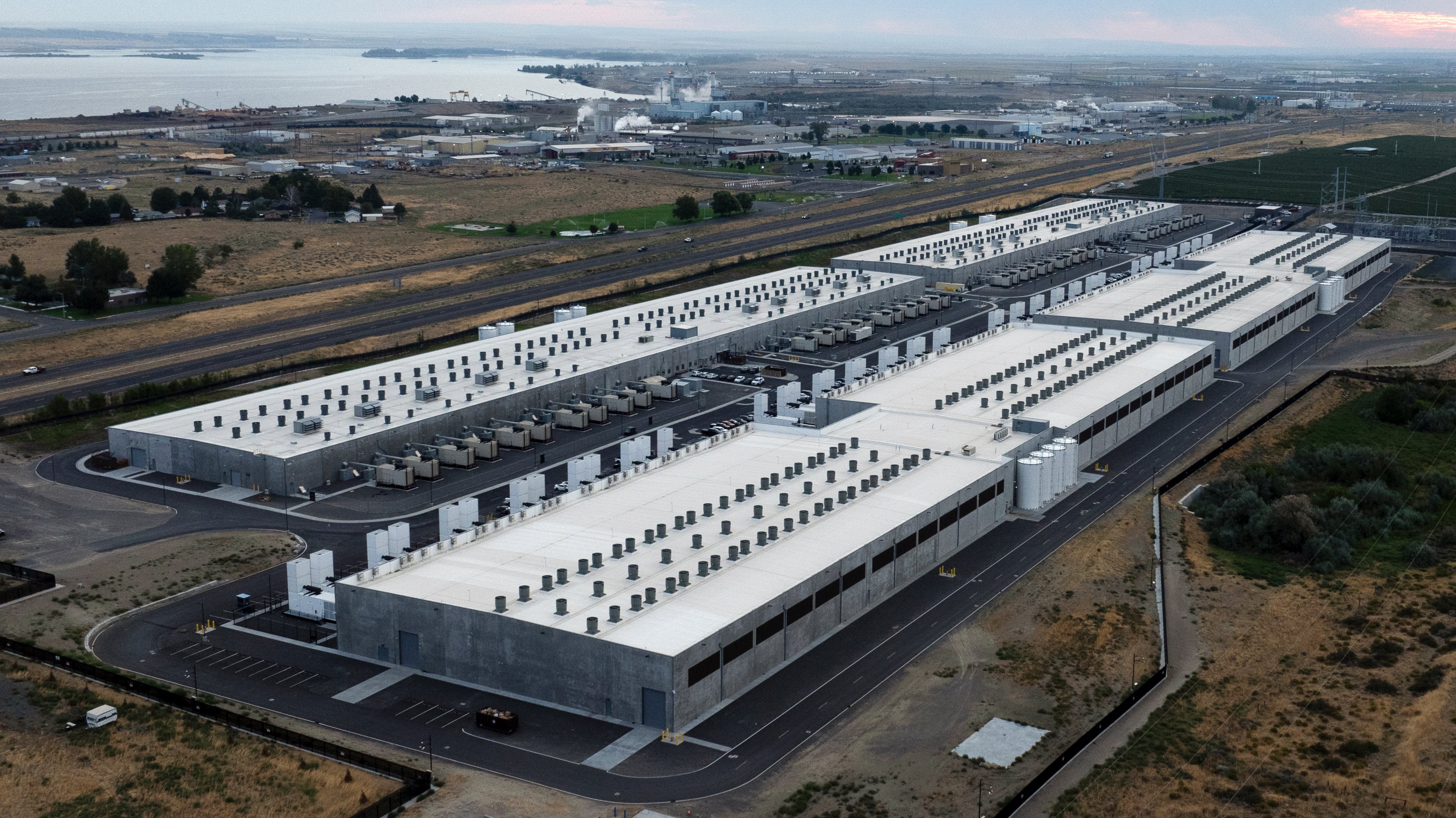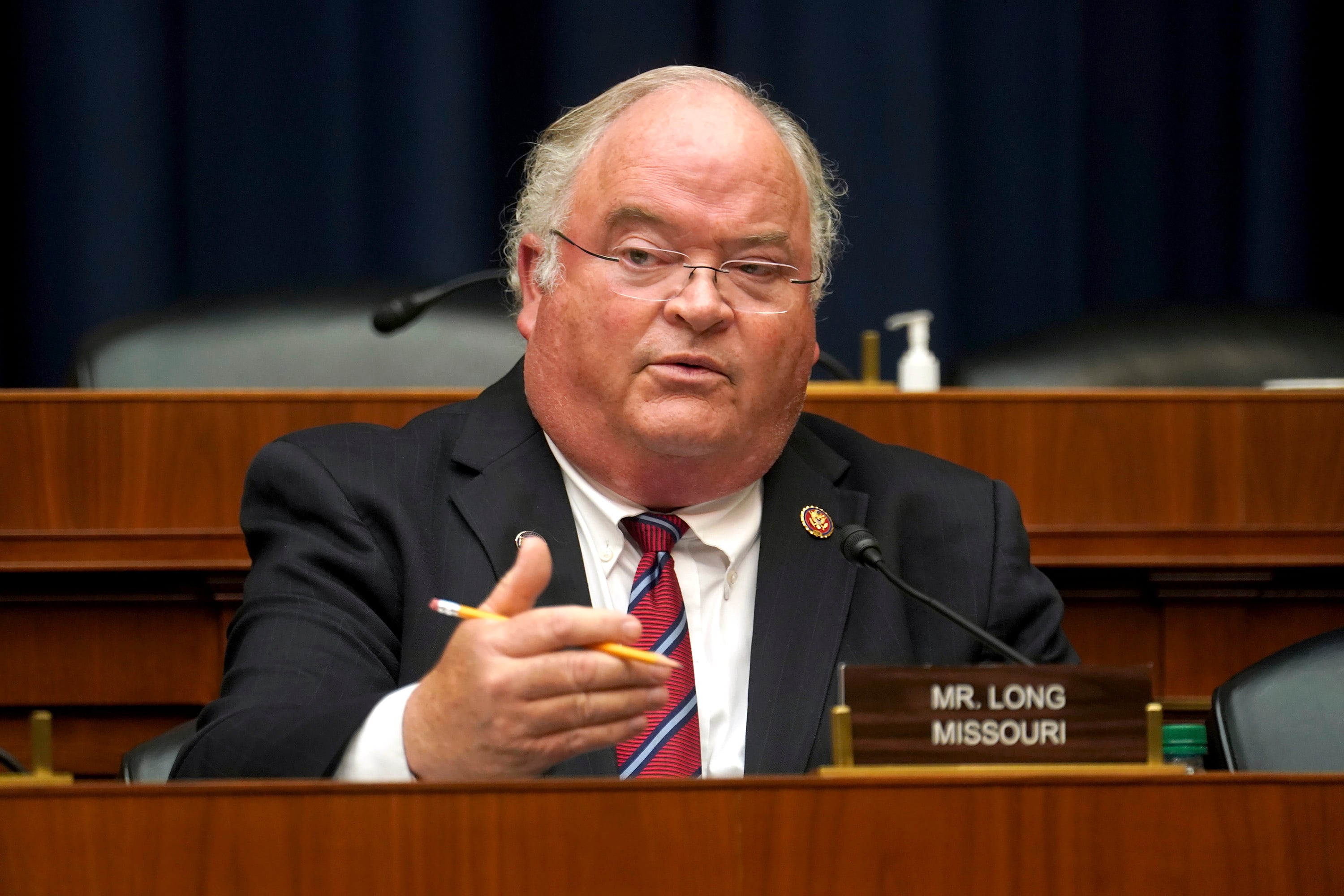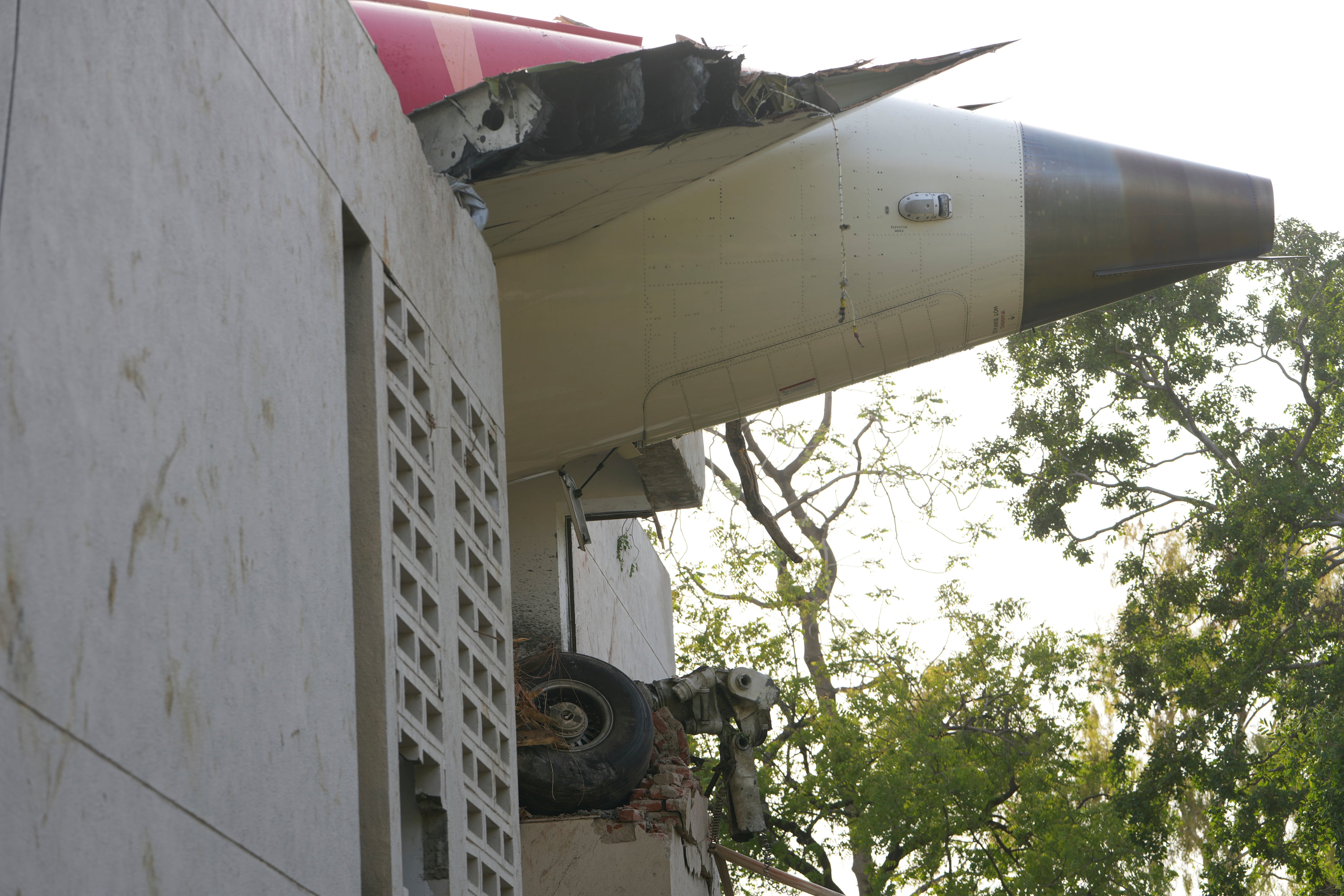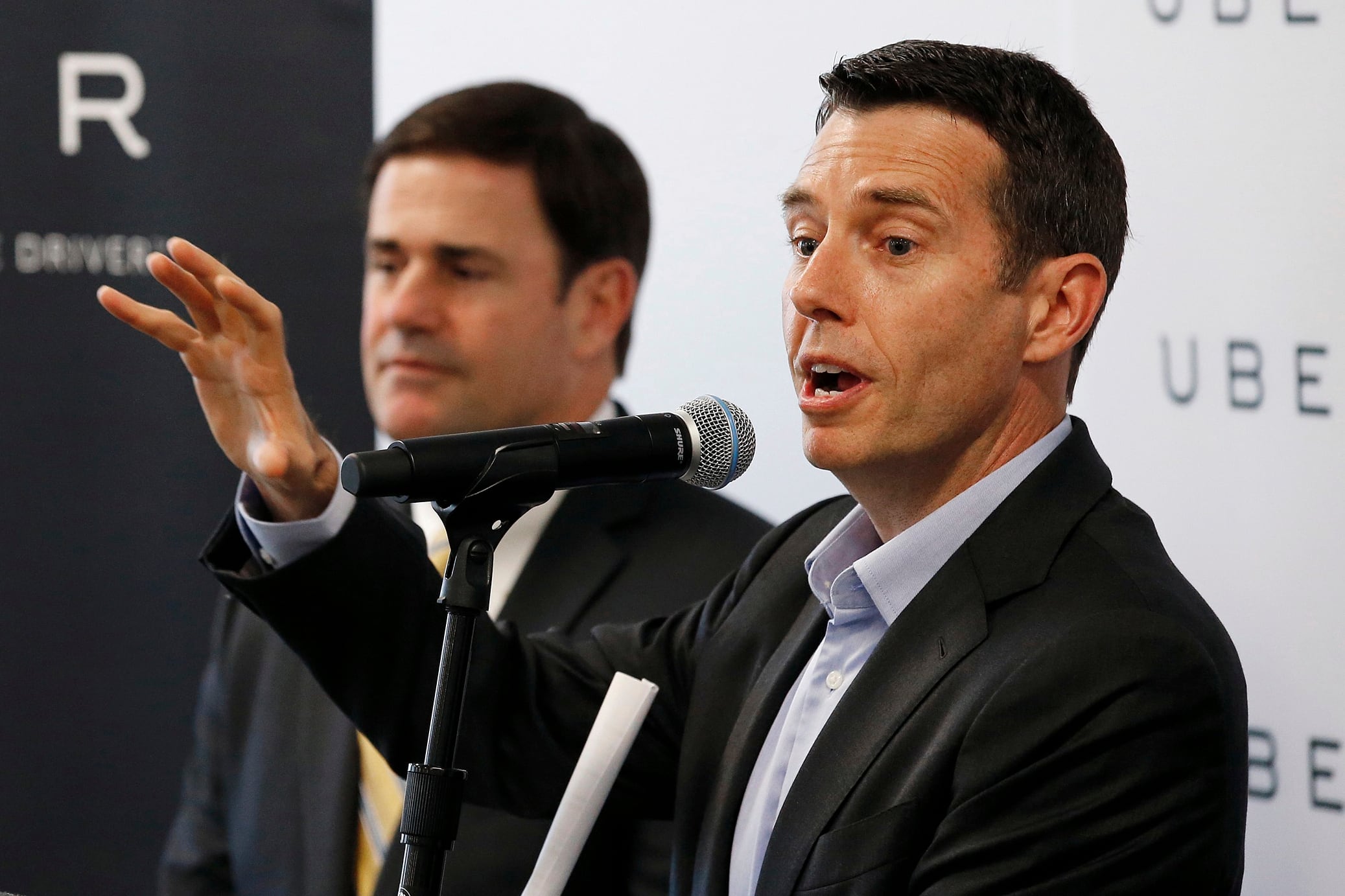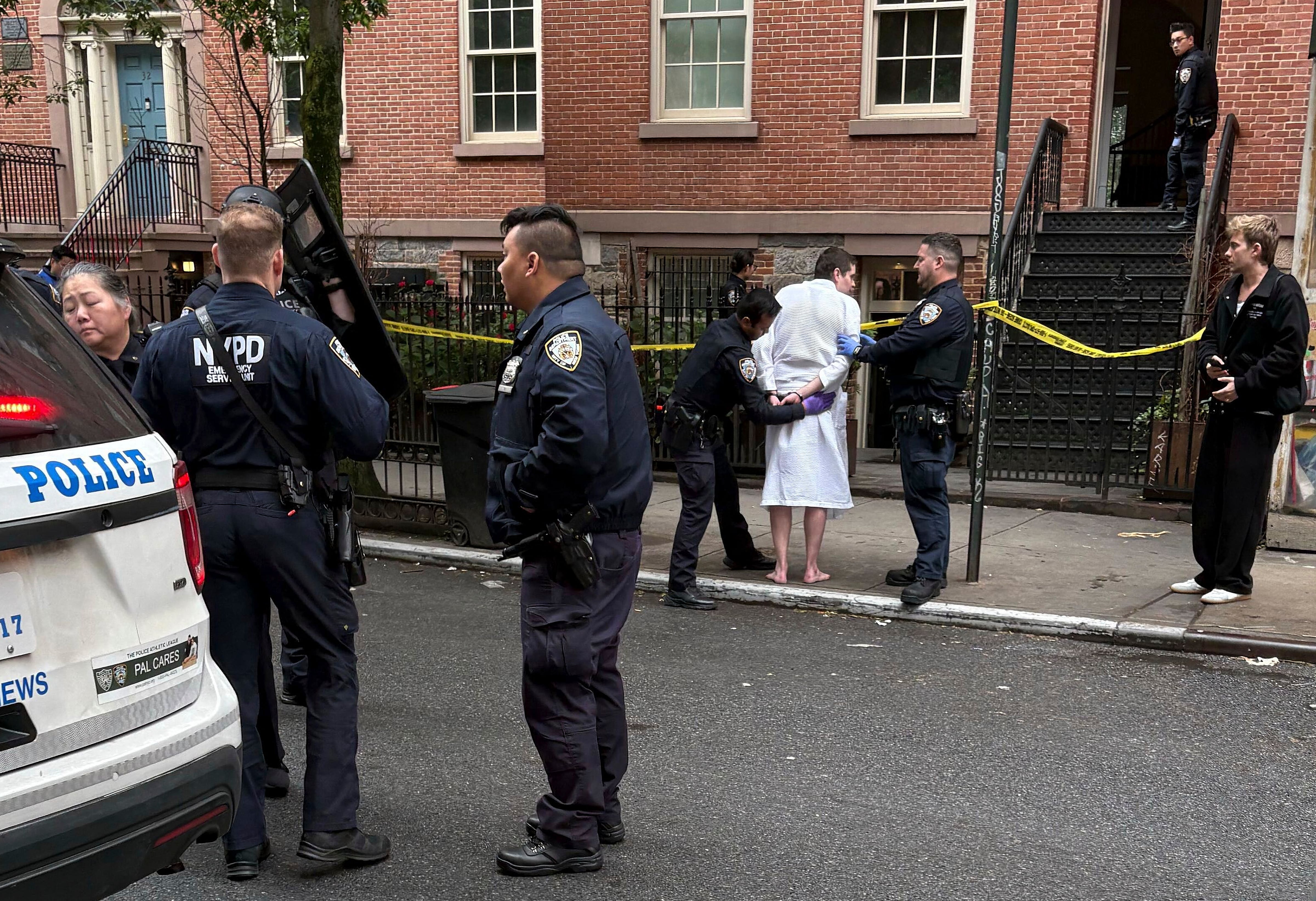VIA optronics ($VIAO) made its debut on the NYSE Friday, with an initial public offering priced on the low end of expectations to raise $93 million, but the display technology company still sees a bright future ahead.
"We are right now at a breaking point. We are an emerging market, and we cannot grow that much as we want organically so we have to put some investment in," said Jurgen Eichner, Via optronics CEO. "This is basically what we need the proceeds for."
The initial public offering was priced at $15, but opened at $12. By mid-afternoon shares were trading around $10.
VIA builds sunlight-readable displays with wide temperature ranges and screens with touch and gesture features. Customers of the German-based manufacturer include household names like Dell, HP, Ferrari, and BMW.
Despite the coronavirus pandemic, the need for screen tech is still widespread and growing, according to the CEO.
"Our factory was actually shut down in China for one week," Eichner said, regarding first quarter impacts from the coronavirus pandemic that didn't derail the company's targets for the year.
"We are right now fully running again, and on top of that, actually, we have some advantages of that because it boosted the home office, home learning markets," he added.
The manufacturer also apparently had few issues with its supply chain, escaping adverse impacts of global supply networks disrupted by COVID-19 even with production facilities in its native Germany, China, and Japan.
"Our supply chain has not been affected, to be honest. One of the reasons is that we do most of the products actually in-house, so we buy only raw materials and, of course, some display glass from the display manufacturer," said Eichner. "So we've been very lucky."
